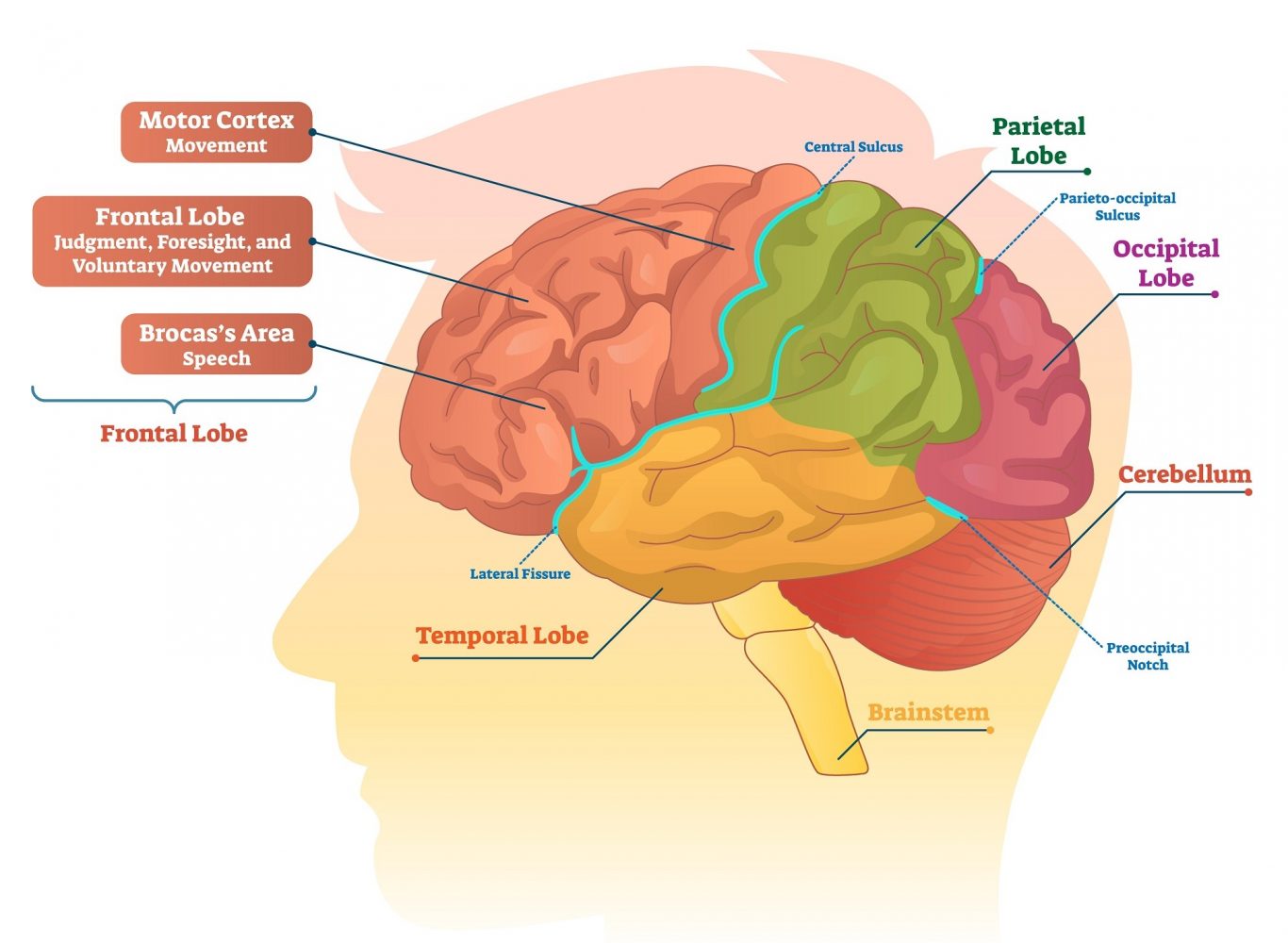Laughter, the old saying goes, is the best medicine. Scientific research now backs up this homespun wisdom, especially when it comes to your cognitive health. When you laugh, you light up your brain in a way no other activity does.
Based on these studies, you can add laughter to the list of habits that improve your brain function, such as finding ways to overcome negative thinking and avoiding foods that reduce brain function and memory.
While “giggles and guffaws can seem like just silly throwaways,” they actually indicate that laughter is working many areas of the brain, including those that control motor, emotion, cognitive and social processing, writes author Janet M. Gibson, author of the book, “An Introduction to the Psychology of Humor.”
Gibson wrote about laughter and the brain for The Washington Post, noting that researchers have come to appreciate the power of laughter to benefit physical and mental well-being.
Laughter Lights Up The Brain
The last thing we think about when laughing is about what’s happening in our brain. But the truth is, a lot is going on in many different areas.

When you laugh – or even when you observe someone laughing – you activate the motor cortex that controls muscles; the frontal lobe that helps you understand context; and the limbic system that modulates positive emotions, according to Gibson, a Professor of Psychology at Grinnell College.
Another recent book, “The Cognitive Neuroscience of Humor” by Shelia M. Kennison, professor of psychology at Oklahoma State University, describes how research has found that humor is entwined with cognition, memory, human development and overall mental and physical health. Kennison wrote that studies show “ comprehending humor involves numerous regions throughout the brain and leads to physiological changes in the brain and body, which are beneficial for health.”
One of the most well-known tests in recent years involved a small-group study done in Southern California. Half the group watched a 20-minute humorous video, while the other half did not. Both groups then took a memory test, with those who watched the video scoring higher.
Notably, both groups also had their saliva tested for the stress hormone cortisol. The group who watched the video had significantly less cortisol.
Laughter and Stress Reduction

That saliva test points to one of the biggest benefits of laughter – it can reduce stress. That’s important for cognitive function, as stress is known to contribute to cognitive impairment by raising blood pressure.
Laughter also is key to forming social bonding as it releases endorphins in the brain, according to a study published in the Journal of Neuroscience. That’s important, as socializing also is linked to good cognitive health. The researchers concluded that “the calming effects of endogenous opioidergic activity during social interactions constitute a key mechanism promoting intra group affiliation and bonding.”
That’s a very scientific way of saying that laughter is good for you. To get you started, here’s the World’s Funniest Joke, according a survey of thousands of people around the world by Laugh Lab in the United Kingdom:
Two hunters are out in the woods when one of them collapses. He doesn’t seem to be breathing and his eyes are glazed. The other guy whips out his phone and calls the emergency services. He gasps, “My friend is dead! What can I do?”. The operator says “Calm down. I can help. First, let’s make sure he’s dead.” There is a silence, then a shot is heard. Back on the phone, the guy says “OK, now what?”
